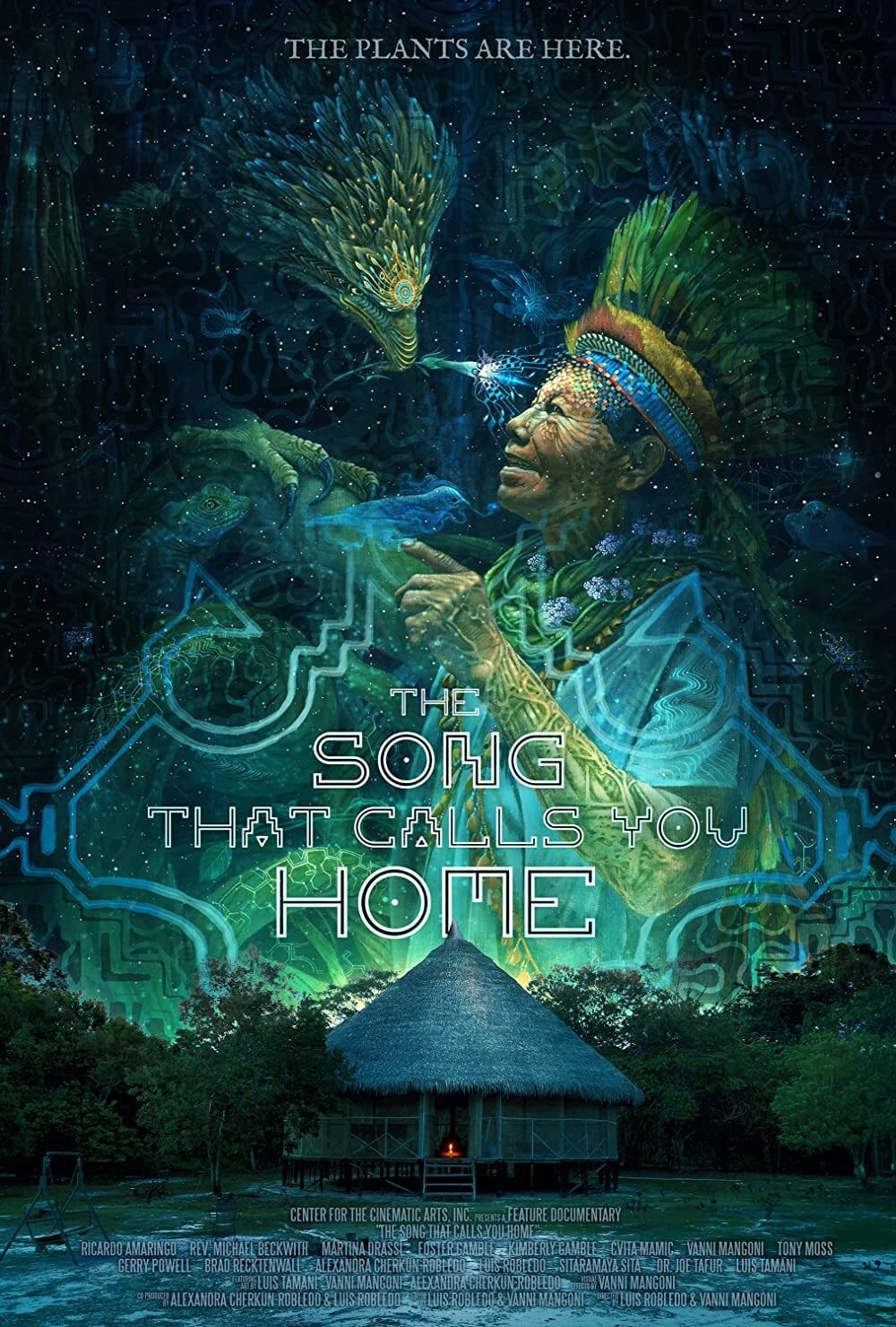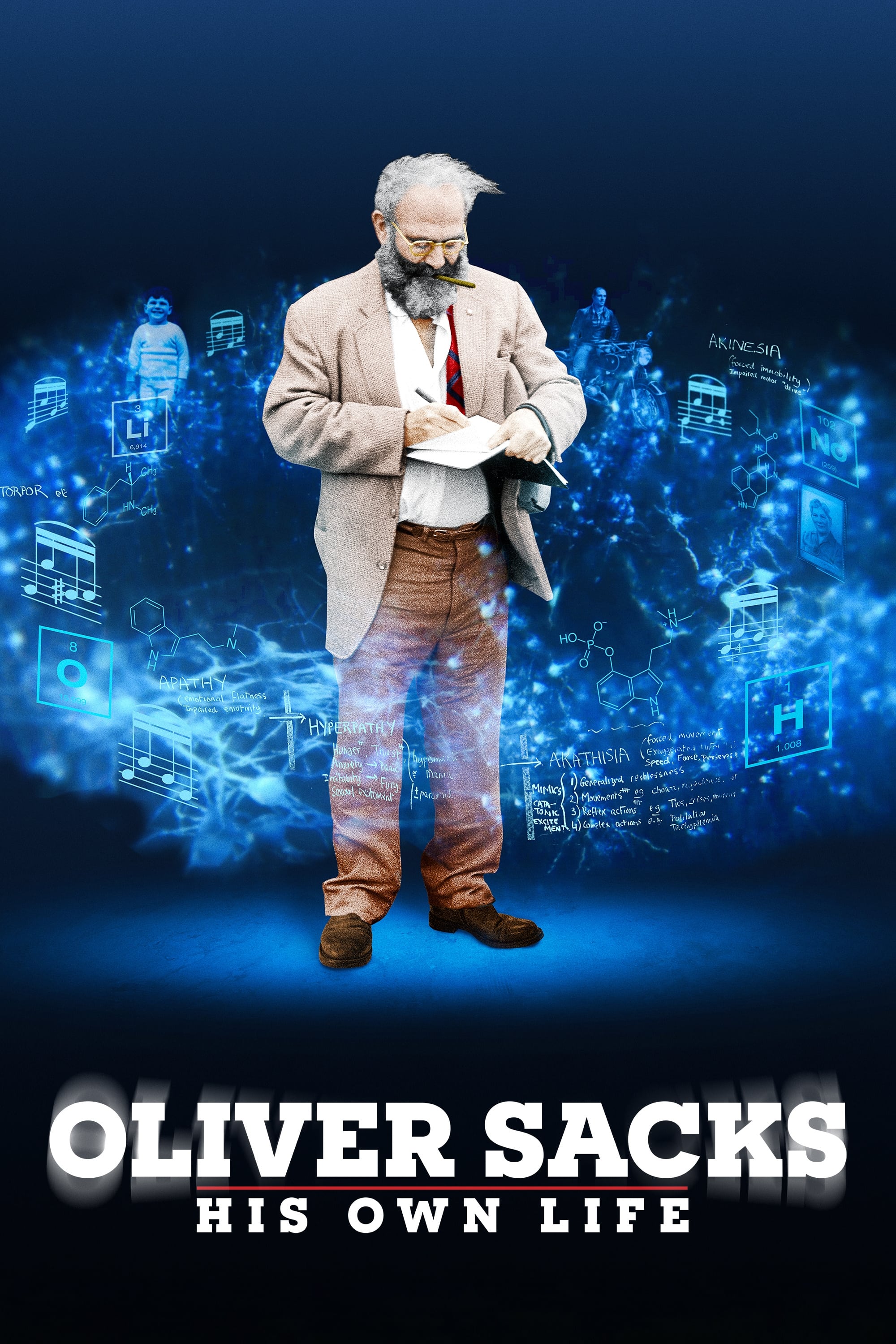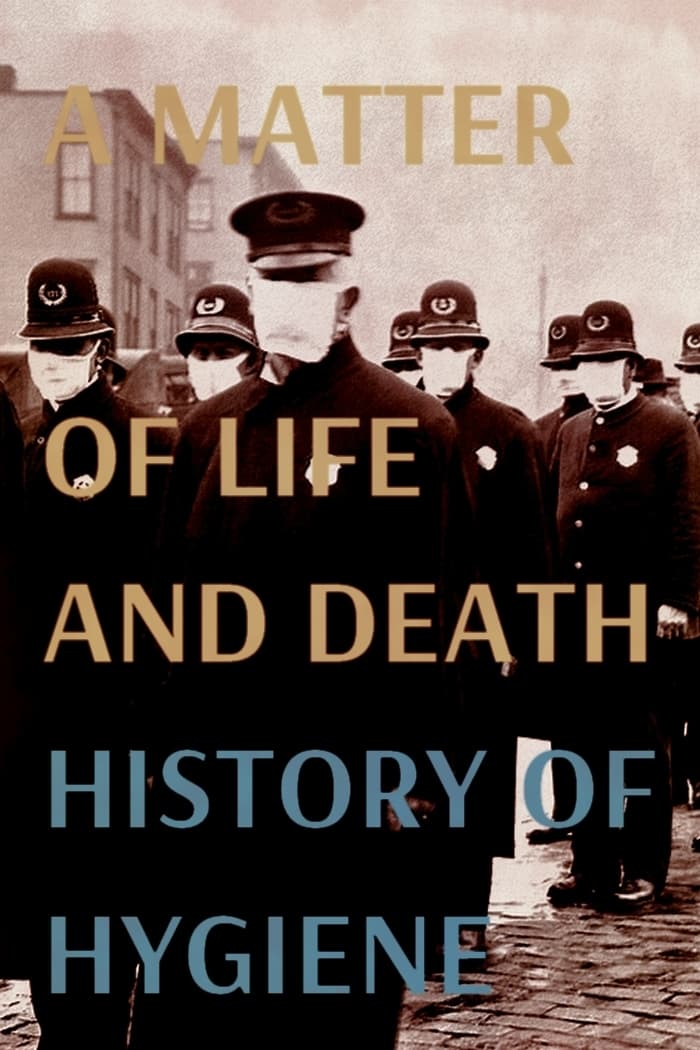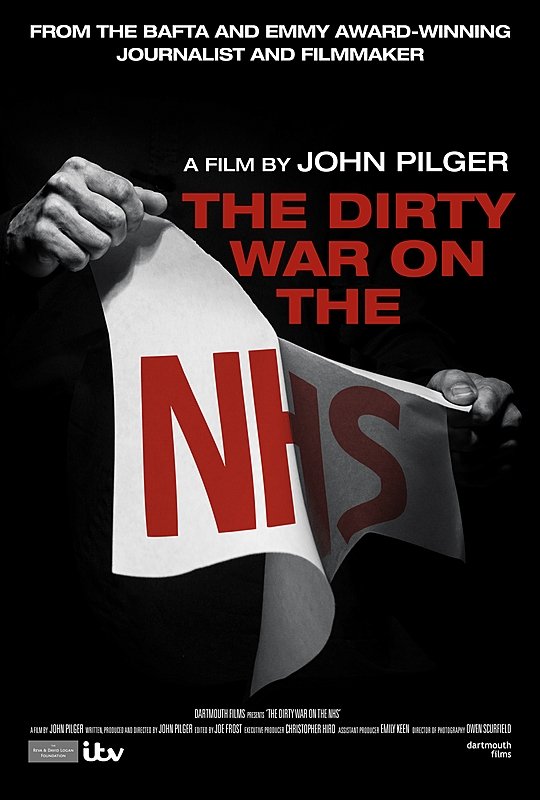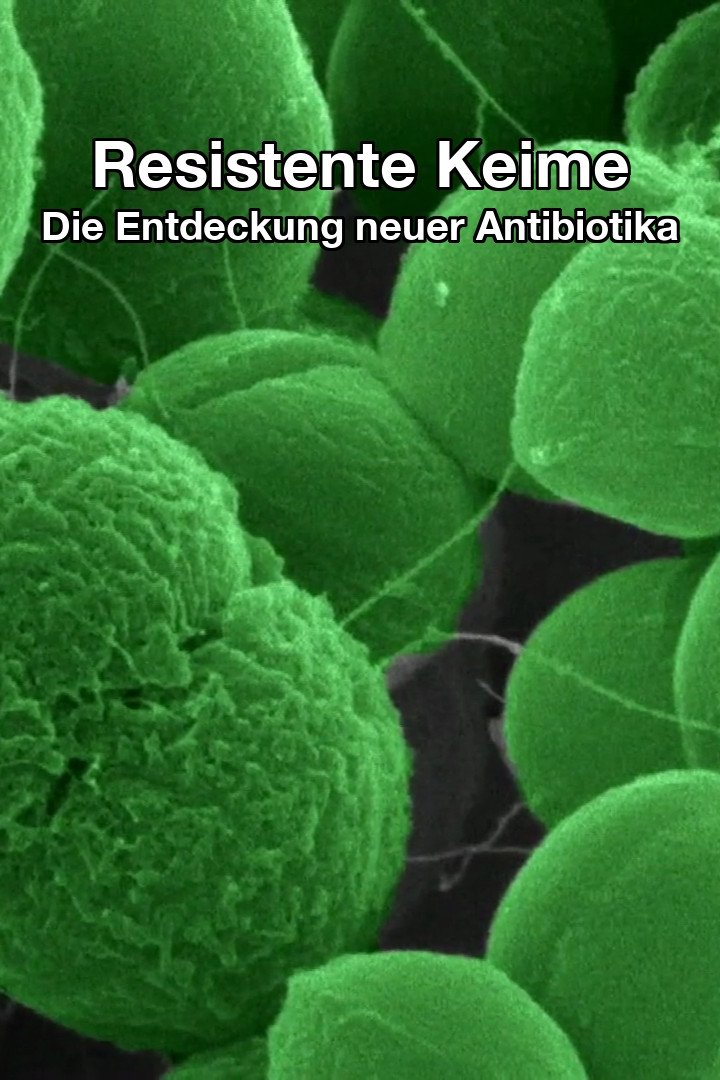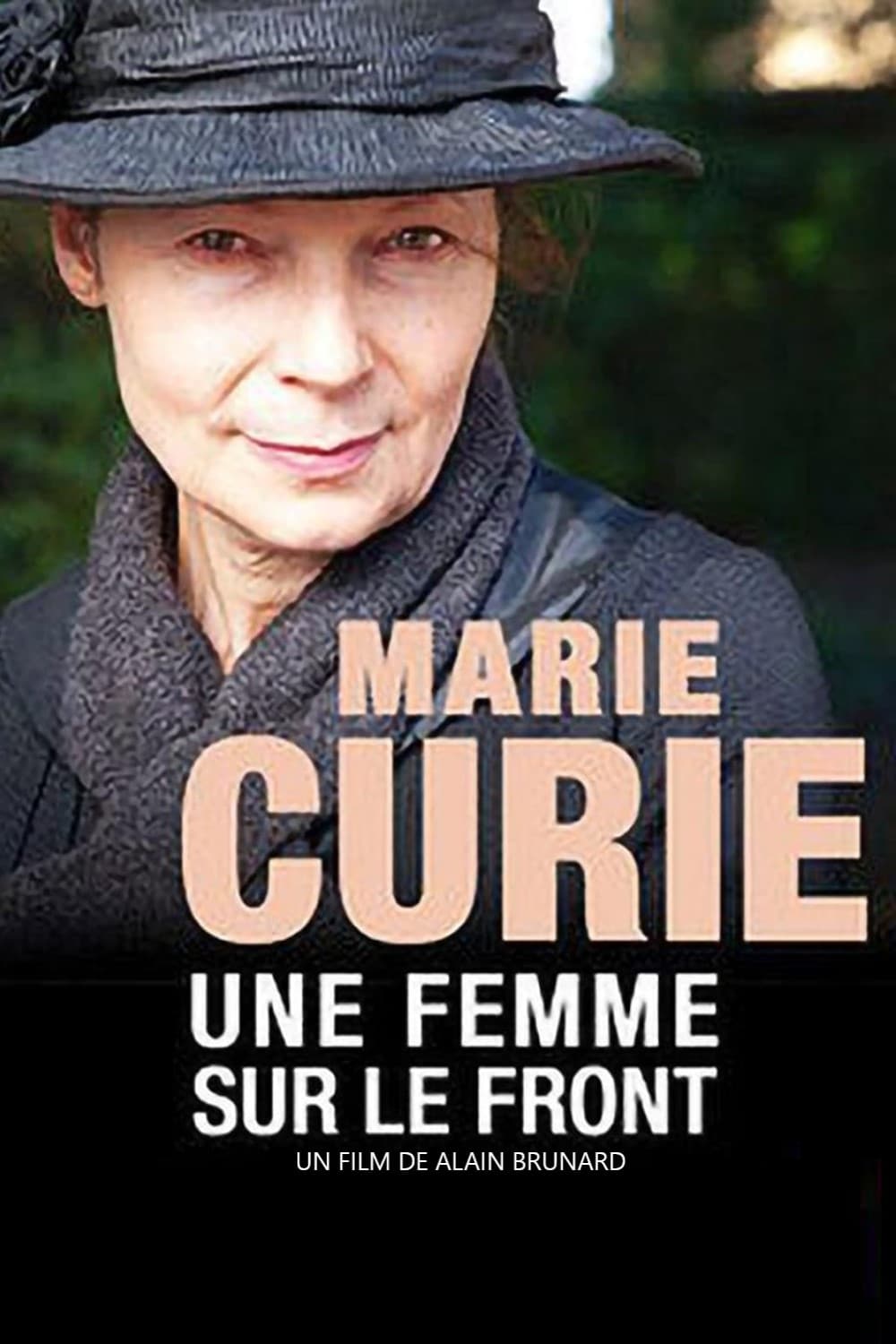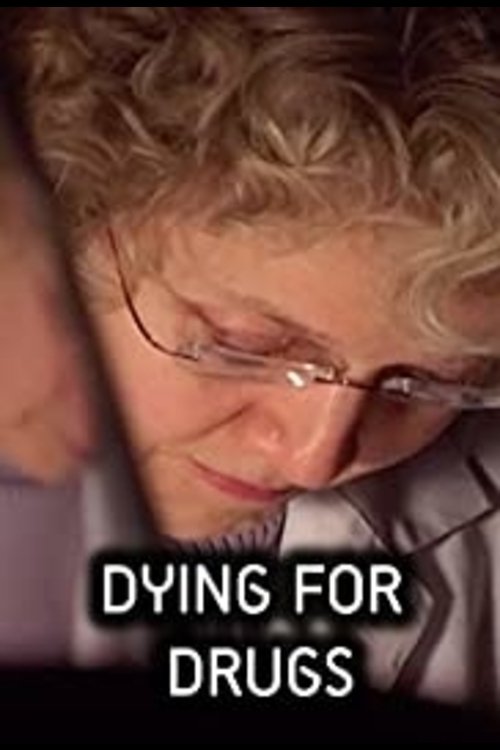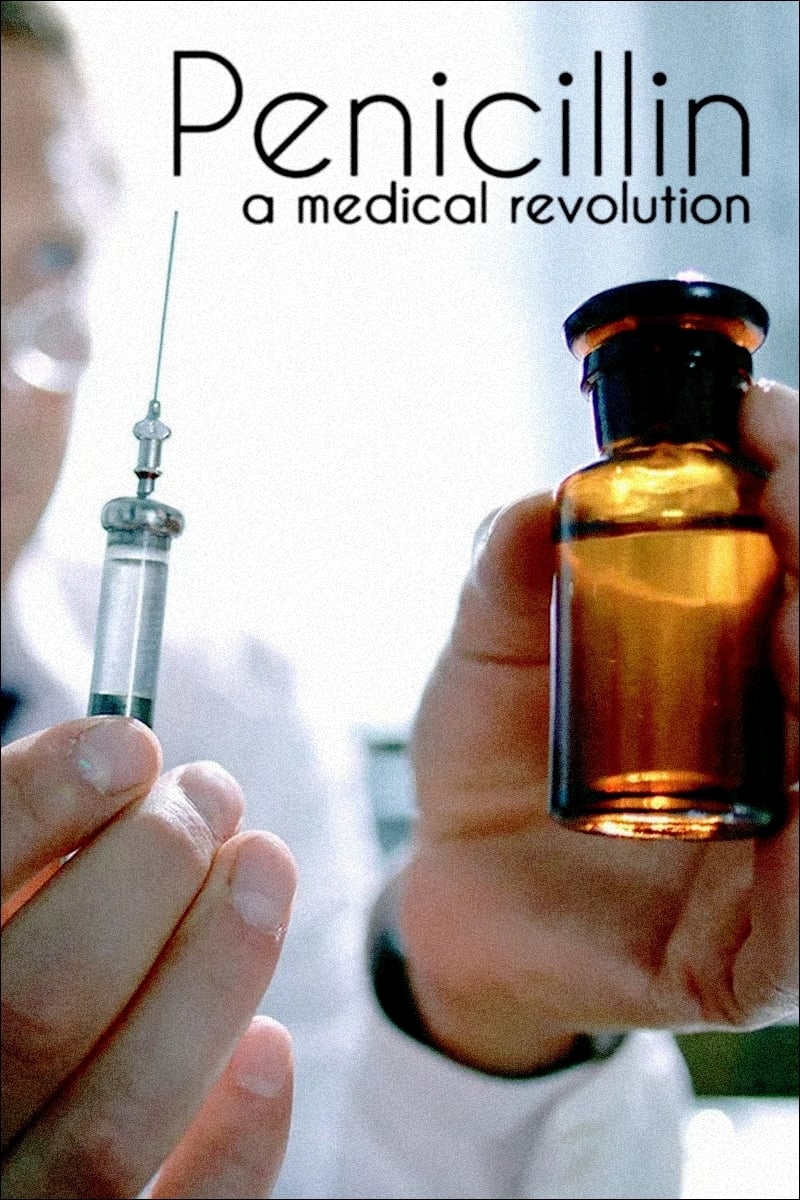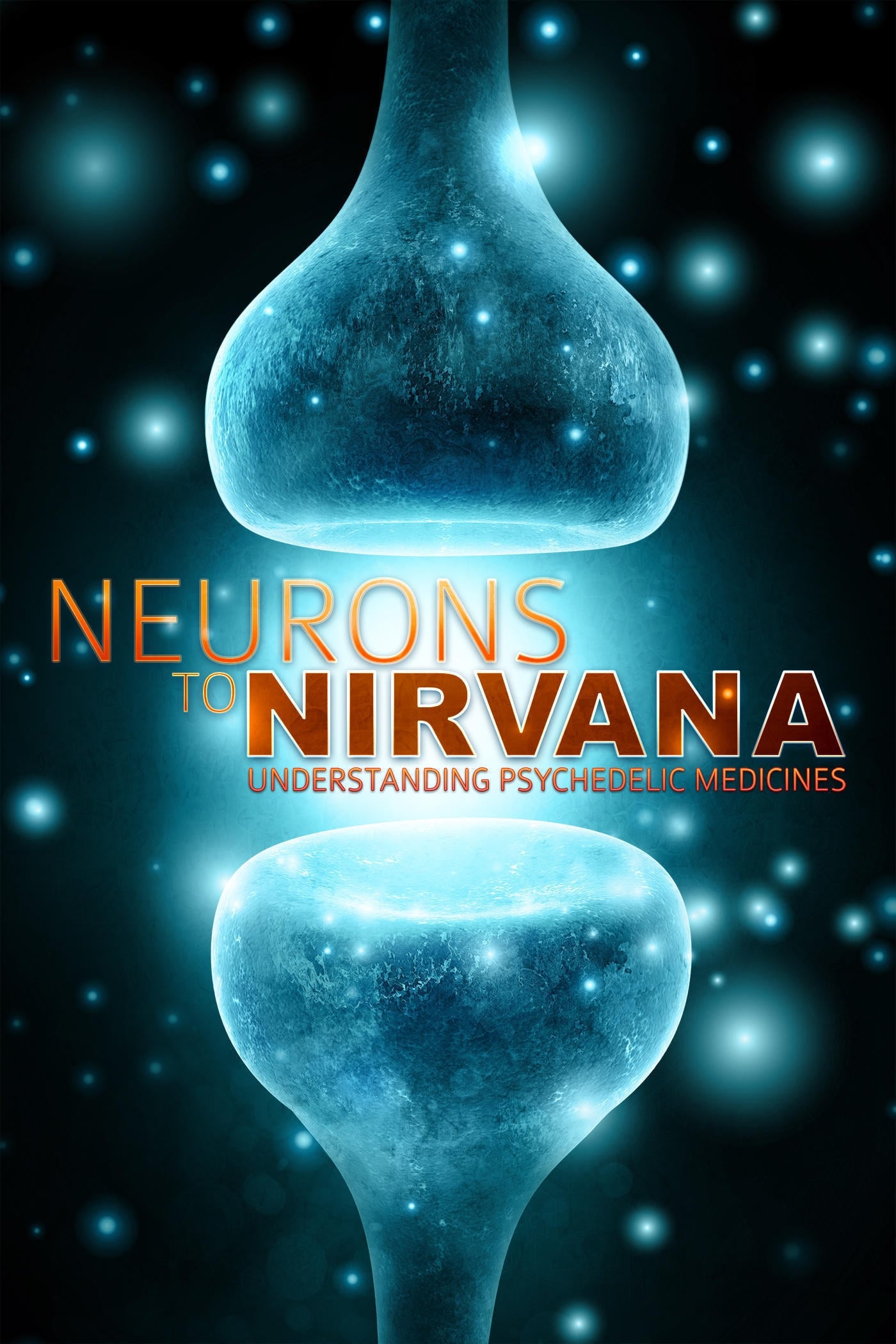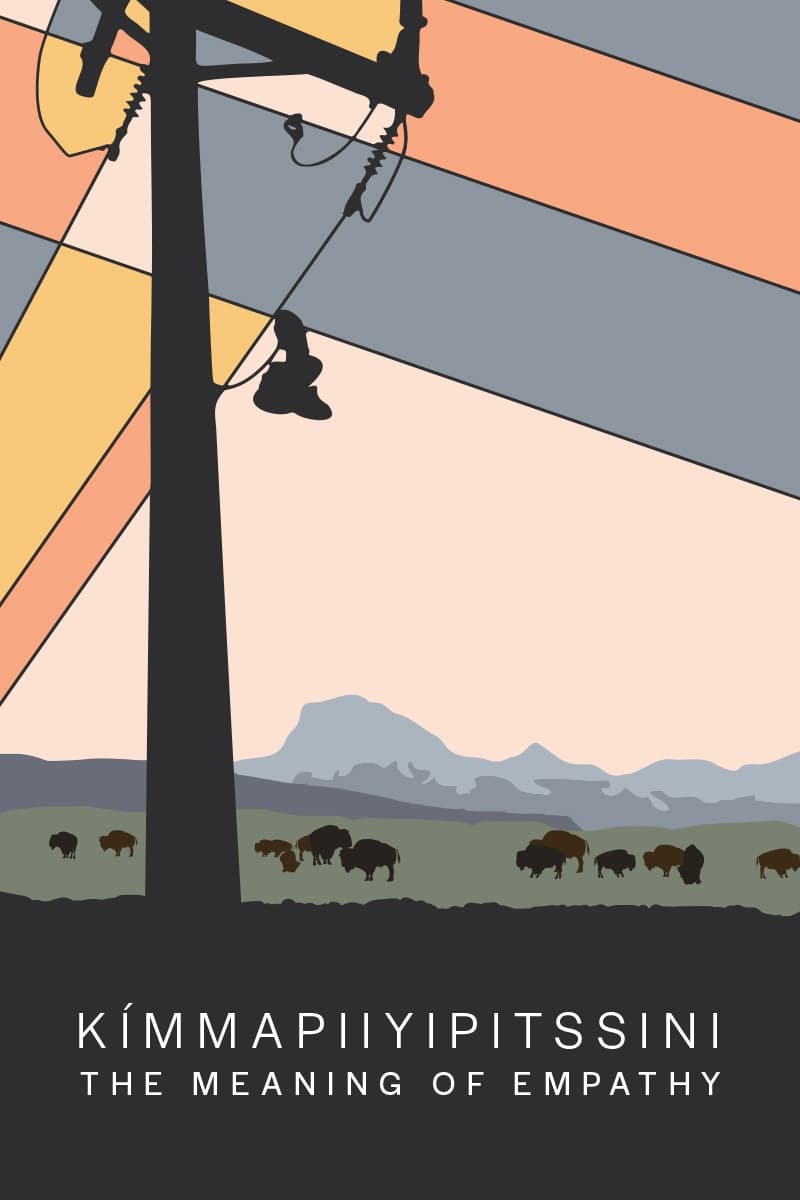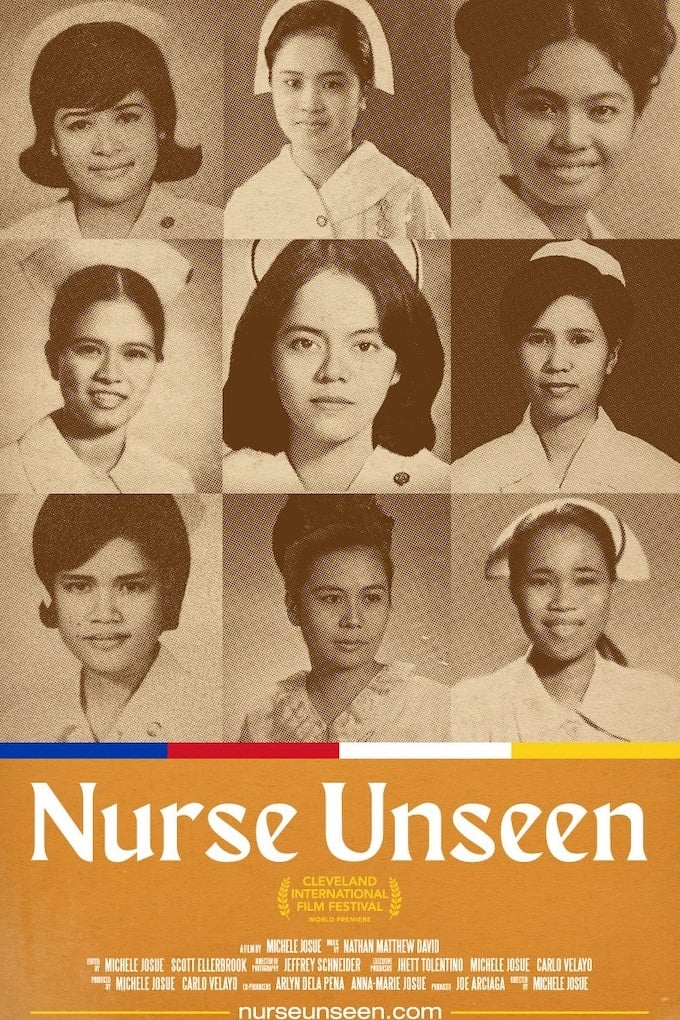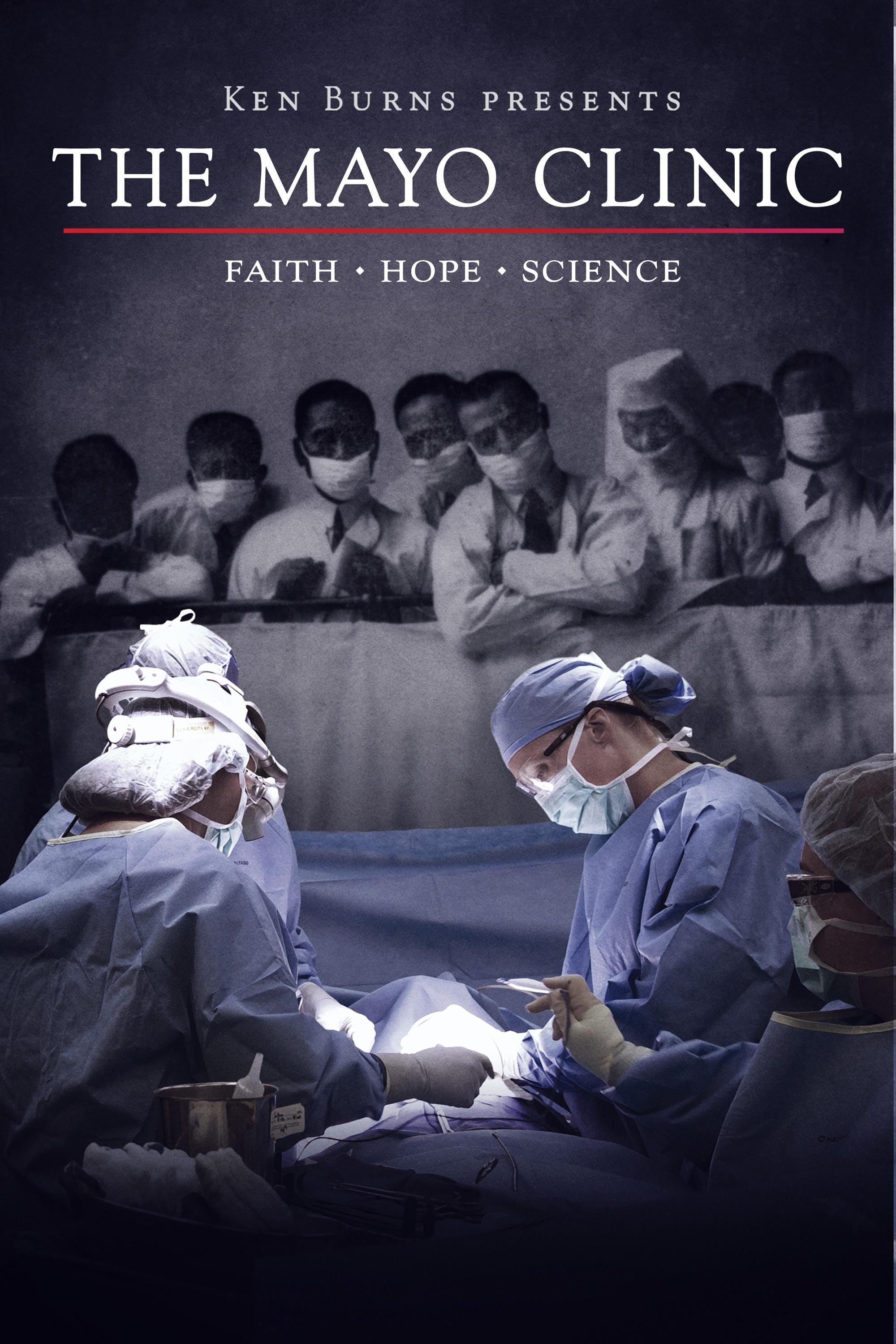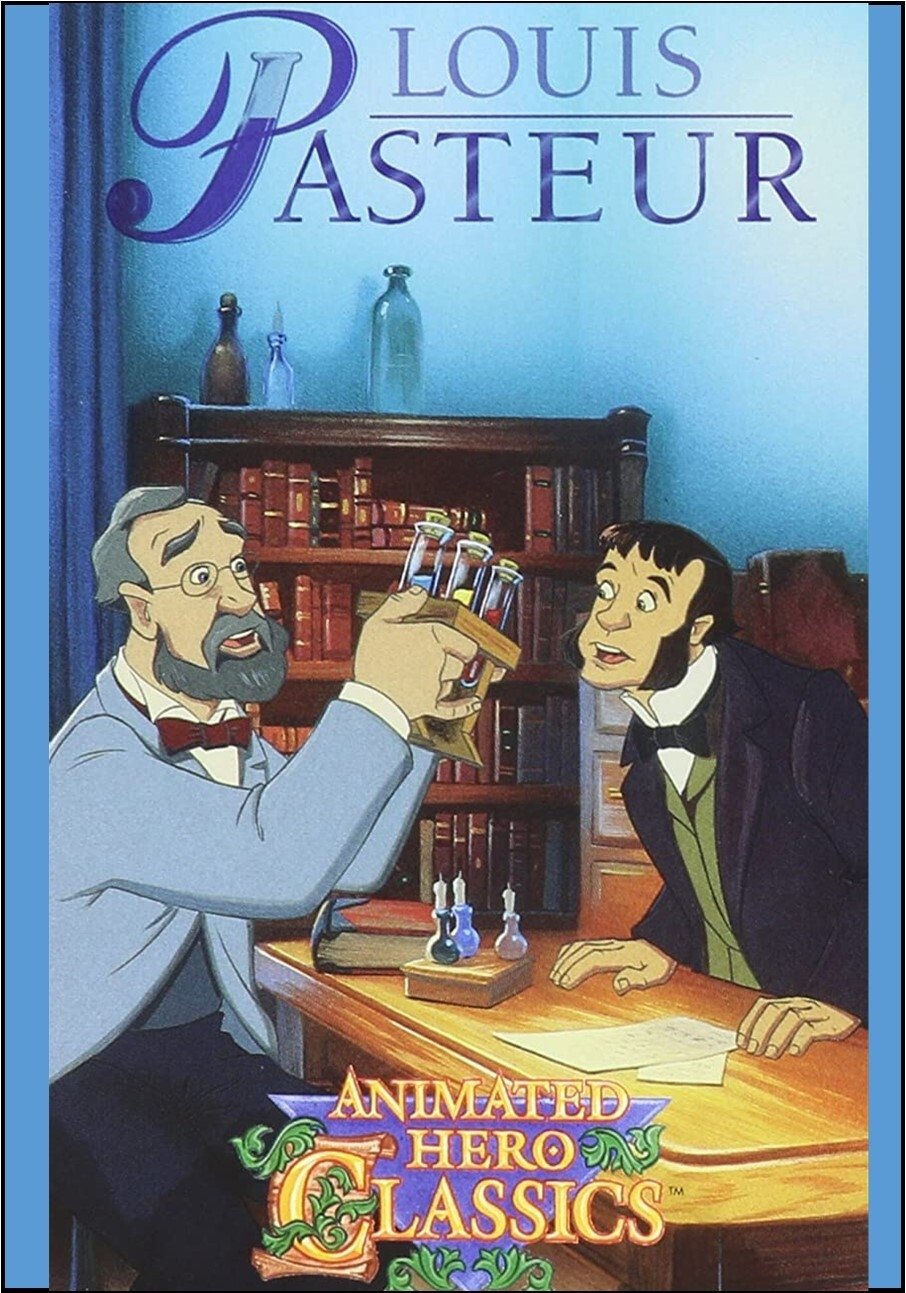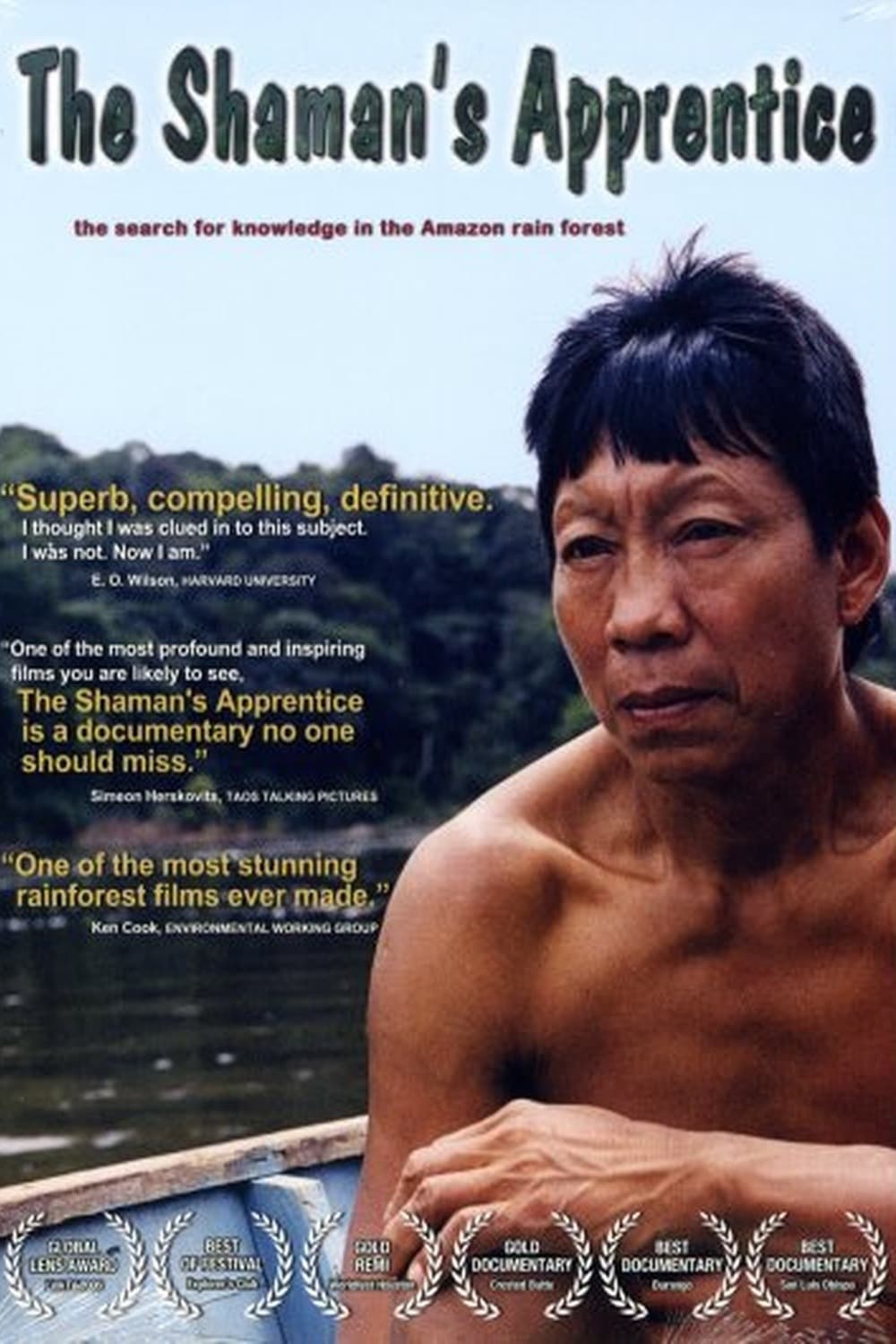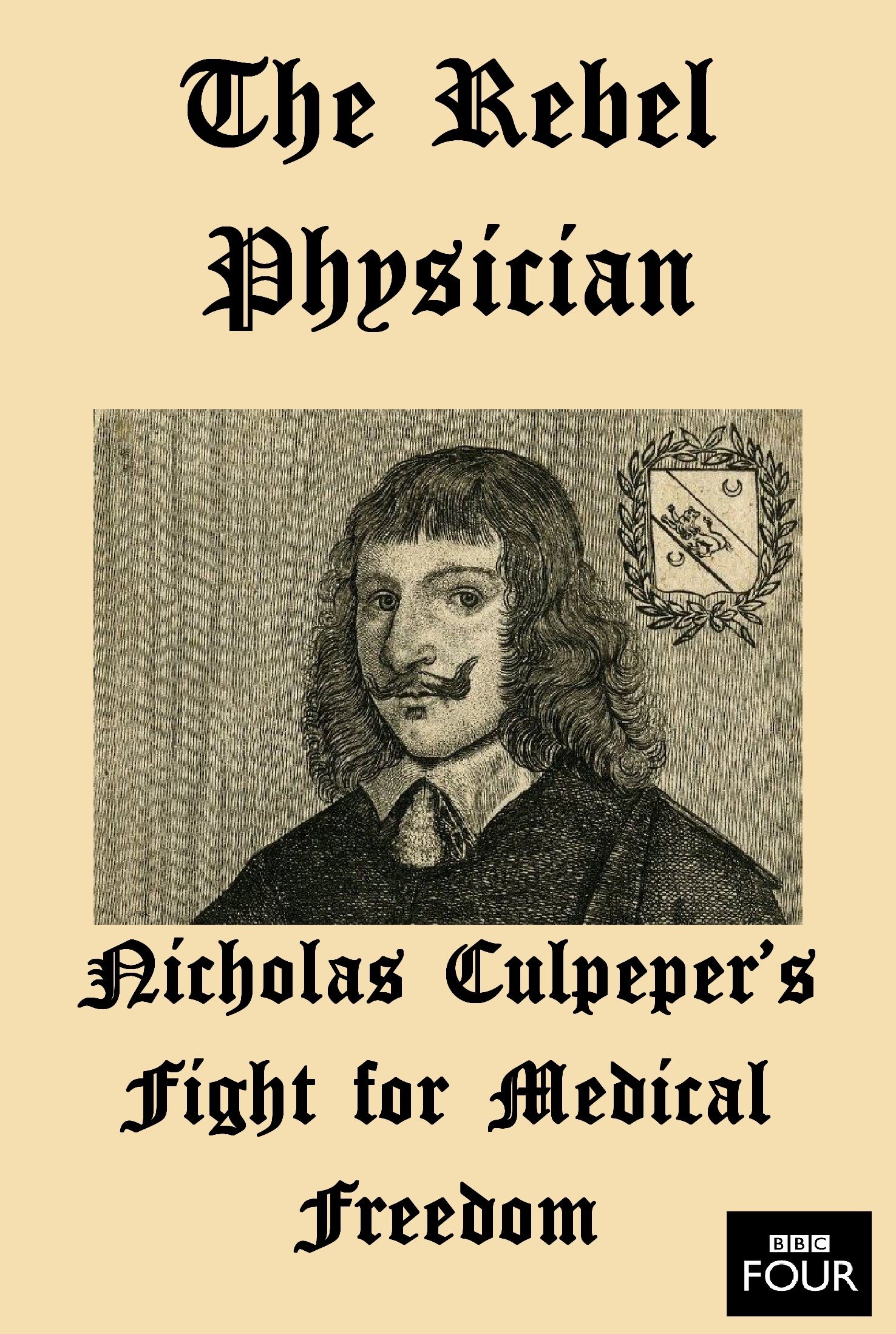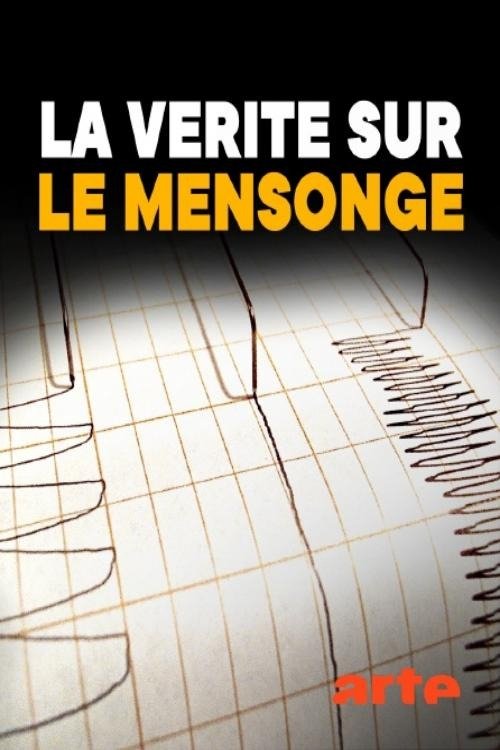
Die Wahrheit über die Lüge (2019)
Overview
Everyone lies, even several times a day. Although this is considered immoral, it seems to be an ancient natural habit. Animals also tell lies for their own benefit. And not every lie is to be condemned. Some are considered a lubricant for daily coexistence. Scientists are trying to track down liars with lie detectors and thermal imaging cameras.
Production Companies

Additional Info
| Budget | $0.00 |
|---|---|
| Revenue | $0.00 |
| Original Language | fr |
| Popularity | 0.1162 |
Directed By
Birgit Tanner
TOP CAST
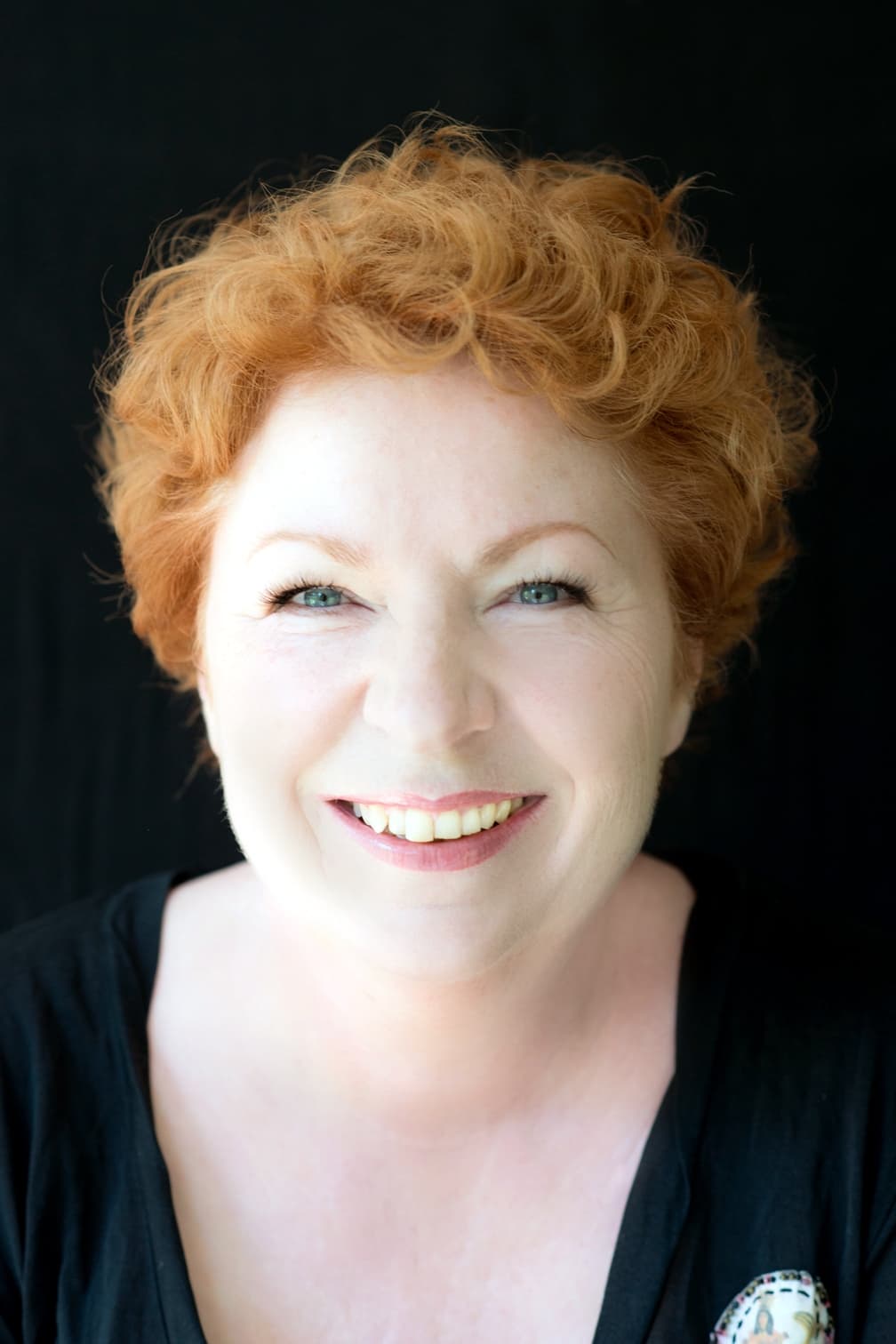
Hansi Jochmann
Voice
Similar Movies
Monopoly Medicine
Mike Adams, known as the Health Ranger to his fans, is the author of numerous books on natural health and editor of the popular internet site called News Target. Although self-taught, his knowledge of natural medicine is nothing short of phenomenal, as you will see from this interview. Be prepared for an enlightenment that could change your life.
The Song That Calls You Home
A personal, scientific, mystical exploration of Amazonian curanderismo, focus on Ayahuasca and Master Plants, their healing and visionary properties and risks, along with the Shipibo people and their songs.
What About ME?
Inside the dramatic search for a cure to ME/CFS (Myalgic Encephalomyelitis/Chronic Fatigue Syndrome). 17 million people around the world suffer from what ME/CFS has been known as a mystery illness, delegated to the psychological realm, until now. A scientist in the only neuro immune institute in the world may have come up with the answer. An important human drama, plays out on the quest for the truth.
Oliver Sacks: His Own Life
Oliver Sacks: His Own Life explores the life and work of the legendary neurologist and storyteller, as he shares intimate details of his battles with drug addiction, homophobia, and a medical establishment that accepted his work only decades after the fact. Sacks was a fearless explorer of unknown mental worlds who helped redefine our understanding of the brain and mind, the diversity of human experience, and our shared humanity.
A Matter of Life and Death: History of Hygiene
Hygienic habits are as old as the various human civilizations; but each era establishes its own customs: whether private or public, everywhere and at all times, methods of personal cleanliness have depended on cultural conventions, religious morals, political ideologies and economic interests; because the control of basic hygiene has also been and is one more tool in the infinite exercise of power over the masses.
Bullying, our lives after
What if we changed viewpoints? "Bullying, our lives after" highlights the suffering of adults who were once bullied pupils. Ten, twenty or thirty years later, trauma is still present. Following Nathalie, Laurine and Samuel, this movie shows the long-term implications of bullying, pointing out a real failure of the educational institution and a major public health issue.
The Nature of Things: The Antibiotic Hunters
Dr. David Suzuki explains how antibiotics have been over prescribed for decades and it has led to the fact that now there are bacterial infections that are resistant to them, and people are dying by the thousands.
Marie Curie, une femme sur le front
A chronicle of Nobel Prize winning physicist Marie Curie's little known yet invaluable contribution to wounded soldiers' treatment during World War I, and her professional partnership with radiotherapy pioneer Claudius Regaud.
Dying for Drugs
Every year many new drugs come to market which offer hope to the sick and dying. This documentary film investigates just how far drug companies are prepared to go to get their drugs approved, what they will do to make sure they get the prices they want, and what happens when profits are put before people.
Penicillin: A Medical Revolution
In the summer of 1928, the Scottish physician Alexander Fleming discovered penicillin by accident, but it would take two more decades and a world war before he and others succeeded in producing the antibiotic in such large quantities as to eradicate the epidemics of the time: typhus, syphilis, gangrene and tuberculosis.
Neurons to Nirvana
Through interviews with leading psychologists and scientists, Neurons to Nirvana explores the history of four powerful psychedelic substances (LSD, Psilocybin, MDMA and Ayahuasca) and their previously established medicinal potential. Strictly focusing on the science and medicinal properties of these drugs, Neurons to Nirvana looks into why our society has created such a social and political bias against even allowing research to continue the exploration of any possible positive effects they can present in treating some of today's most challenging afflictions.
Kímmapiiyipitssini: The Meaning of Empathy
Follow filmmaker Elle-Máijá Tailfeathers as she creates an intimate portrait of her community and the impacts of the substance use and overdose epidemic. Witness the change brought by community members with substance-use disorder, first responders and medical professionals as they strive for harm reduction in the Kainai First Nation.
Nurse Unseen
Explores the little-known history and humanity of the unsung Filipino nurses risking their lives on the front lines of a pandemic, thousands of miles from home.
The Mayo Clinic
The Mayo Clinic tells the story of a unique medical institution that has been called a "Medical Mecca," the "Supreme Court of Medicine," and the "place for hope where there is no hope." The Mayo Clinic began in 1883 as an unlikely partnership between the Sisters of Saint Francis and a country doctor named William Worrall Mayo after a devastating tornado in rural Minnesota. Since then, it has grown into an organization that treats more than a million patients a year from all 50 states and 150 countries. Dr. Mayo had a simple philosophy he imparted to his sons Will and Charlie: "the needs of the patient come first." They wouldn't treat diseases...they would treat people. In a world where healthcare delivery is typically fragmented among individual specialties, the Mayo Clinic practices a multi-specialty, team-based approach that has, from its beginnings, created a culture that thrives on collaboration.
Animated Hero Classics: Louis Pasteur
The great French scientist, struggling with his own limitations from a stroke, is not deterred by scientific criticism nor failed experiments. Pasteur had the courage to look into the unseen world and his perfected vaccines are his gifts to mankind.
The Shaman's Apprentice
Scientist Mark Plotkin races against time to save the ancient healing knowledge of Indian tribes from extinction.
The Rebel Physician: Nicholas Culpeper's Fight For Medical Freedom
Benjamin Woolley presents the gripping story of Nicholas Culpeper, the 17th century radical pharmacist who took on the establishment in order to bring medicine to the masses. Culpeper lived during one of the most tumultuous periods in British history. When the country was ravaged by famine and civil war, he took part in the revolution that culminated in the execution of King Charles I. But it is Culpeper's achievements in health care that made him famous. By practicing (often illegally) as a herbalist and publishing the first English-language texts explaining how to treat common ailments, he helped to break the monopoly of a medical establishment that had abandoned the poor and needy. His book The English Physician became the most successful non-religious English book of all time, remaining in print continuously for more than 350 years.
